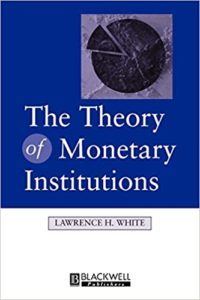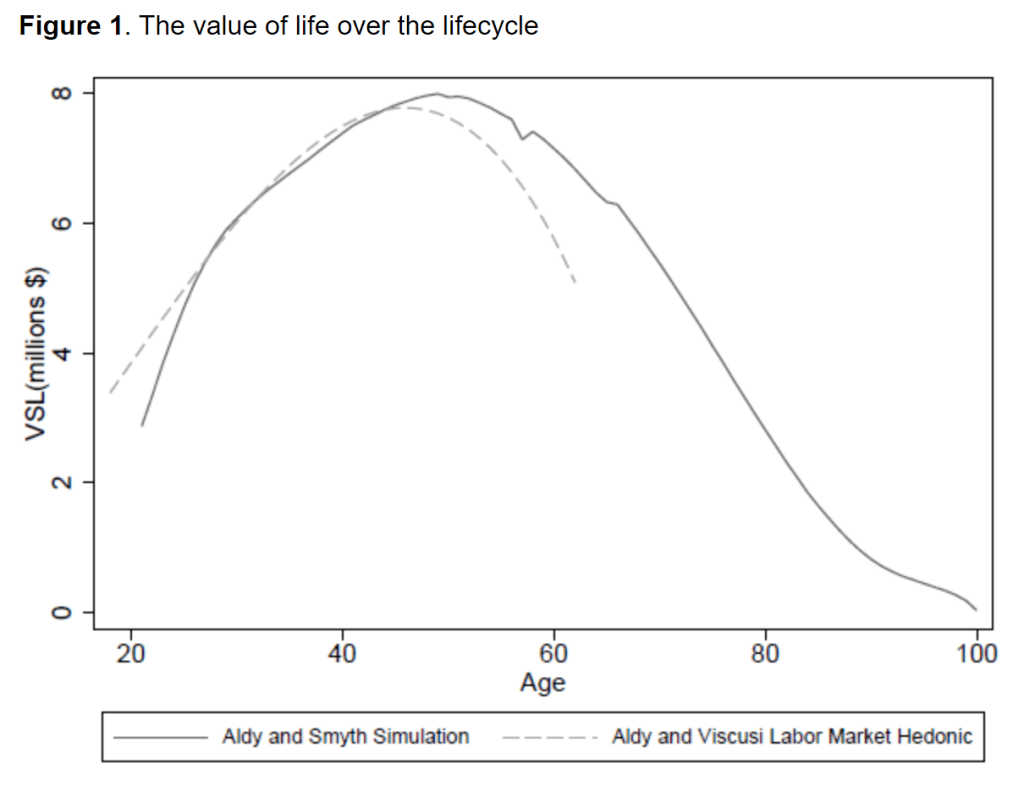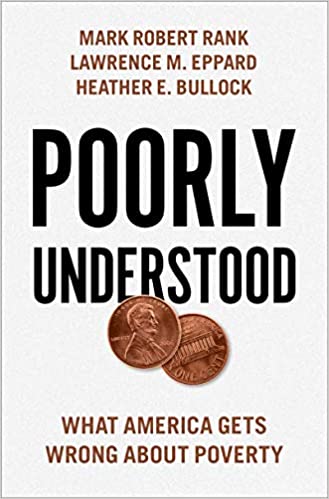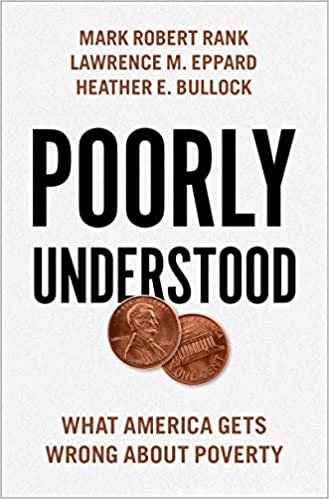C’mon Get Happy!
How can you tell if you’re really happy? What makes other people happy? Are these empirical questions that can be answered? In this episode, EconTalk host Russ Roberts continues his exploration of happiness studies with psychologist Emiliana Simon-Thomas of UC Berkeley. From our many previous episodes on happiness, we know that many disciplines have tried and are trying to conceptualize and measure the idea of subjective well-being. Are such efforts prey to to the dangers of Hayek’s scientism? Simon-Thomas defines happiness as “a broader quality of life,” and cites such consequences as longevity, greater professional and academic success, and decreased risk of cardio-vascular disease. She also mentions other studies which purport to determine whether you will be happy long-term on the basis of your yearbook photo… (And no, I will not share mine!) You can share your yearbook photo if you like, but of course what we’re most interested in are your further thoughts on this episode. We look forward to hearing your comments on our prompts below: 1- Roberts kicks off the conversation by asking Simon-Thomas whether you can really get happier? How does she respond? What are the three components of happiness, according to Simon-Thomas, and how pliable do you think each component is each? 2- How much of happiness is a result of your genetics versus your adjustability? What does Simon-Thomas mean when she says, “life circumstance factors explain about 10% of the [happiness] variance between one person and the person next to them…And the other 40% of the variance in happiness is explained by daily activities.” How might YOU alter your daily activities in pursuit of greater happiness? 3- What does Simon-Thomas say is the argument for inculcating conscience in children on secular grounds? (Recall the story of the dropped wallet in this recent Munger episode.) How would you answer this question differently? 4- What is the role of marriage and parenting in creating happiness, according to Simon-Thomas? To what extent do you think this is universally true? What are other life circumstances that can offer the same benefits? 5- Why is gratitude important to happiness, and to what extent is it a skill you can practice and get better at? Can you offer any examples of such a successful practice from your own life? (0 COMMENTS)







